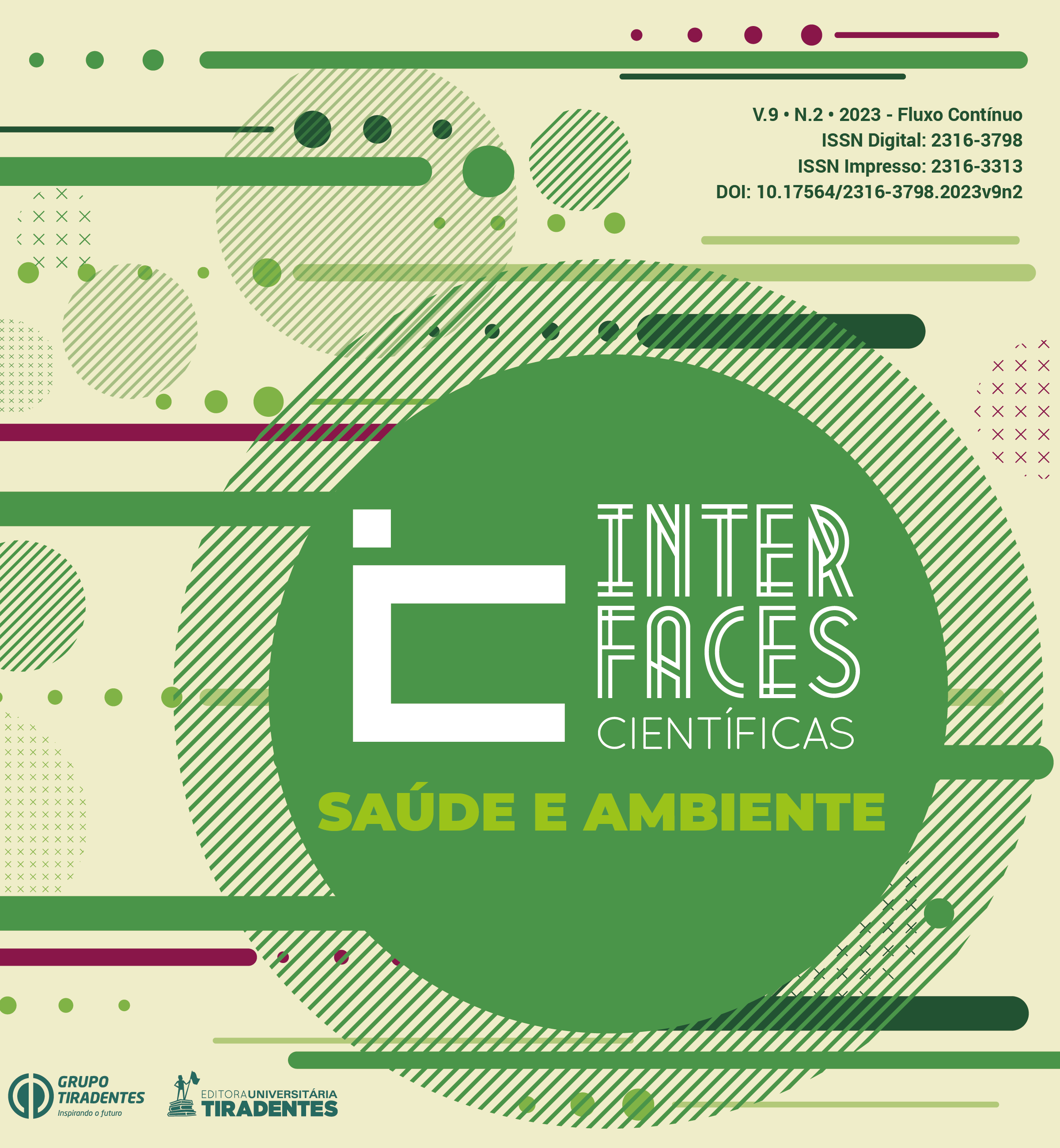Relationships between income, occupation and psychosocial health of transgender people during the COVID-19 pandemic
DOI:
https://doi.org/10.17564/2316-3798.2023v9n2p261-277Publicado
Downloads
Downloads
Edição
Secção
Licença
Direitos de Autor (c) 2023 Interfaces Científicas - Saúde e Ambiente

Este trabalho encontra-se publicado com a Creative Commons Atribuição-NãoComercial 4.0.
Autores que publicam nesta revista concordam com os seguintes termos:
a. Autores mantêm os direitos autorais e concedem à revista o direito de primeira publicação, com o trabalho simultaneamente licenciado sob a Licença Creative Commons Attribution que permite o compartilhamento do trabalho com reconhecimento da autoria e publicação inicial nesta revista.
b. Autores têm permissão e são estimulados a distribuir seu trabalho on-line (ex.: em repositórios institucionais ou na sua página pessoal), já que isso pode gerar aumento o impacto e a citação do trabalho publicado (Veja O Efeito do Acesso Livre).
Resumo
The COVID-19 Pandemic has widened several social inequalities, mainly in social groups that multiply vulnerable, such as the Brazilian trans and transvestite population. We aim to analyze the psychosocial and income aspects of trans people during the COVID-19 pandemic. We conduct a cross-sectional study through interviews with trans people from an outpatient clinic. Ninety-two people agreed to participate in the survey, 43 men, followed by 34 women, five non-binary people, and two travestis. Among these, 54.4% were enrolled in the Cadastro Único, and 28.6% accessed Auxílio Emergencial during the pandemic. Trans men and non-binary people availed less of some benefit (p<0.001). Sex work was reported by 14.4% of people and was related to transfeminine gender identity (p=0.011), and sex workers were the most affected by the reduction in income (p=0.003). In addition, 51.7% of the participants reported signs and symptoms of anxiety, depression, and negative thoughts that correlated with income impairment (p=0.018). Therefore, we suggested that the COVID-19 pandemic impacted income and that this was related to psychosocial conditions in trans and travestis.
Keywords: Transgender People; COVID-19 pandemic; Income; Psychosocial.




















